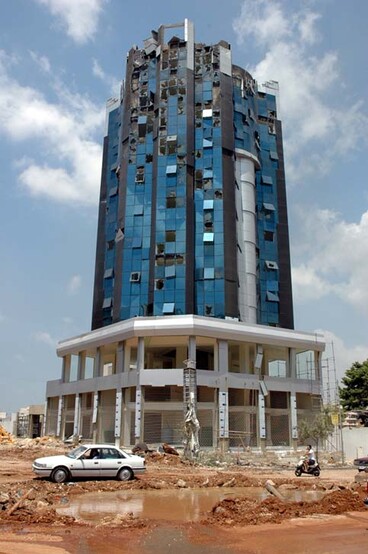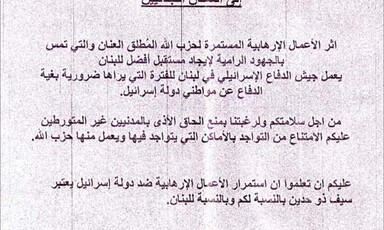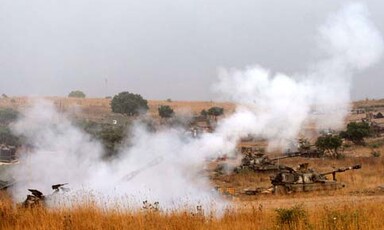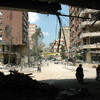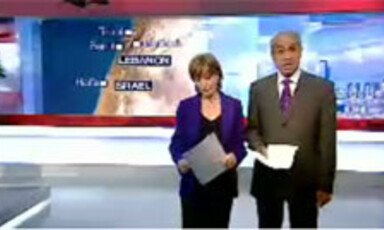
Israelis are dying: it must be an escalation
17 July 2006
Here we go again — another “serious escalation” has begun in the Middle East, or so BBC World was telling audiences throughout Sunday. So what prompted the BBC’s judgment that the crisis was escalating once more? You can be sure it had nothing to do with the more than 130 Lebanese dead after five days of savage aerial bombardment from at least 2,000 sorties by Israeli war planes that are making the country’s south a disaster zone and turning Beirut into a crumbling ghost town. Those dead, most civilians and many of them women and children, hardly get a mention, their lives apparently empty of meaning or significance in this confrontation. Read more about Israelis are dying: it must be an escalation


